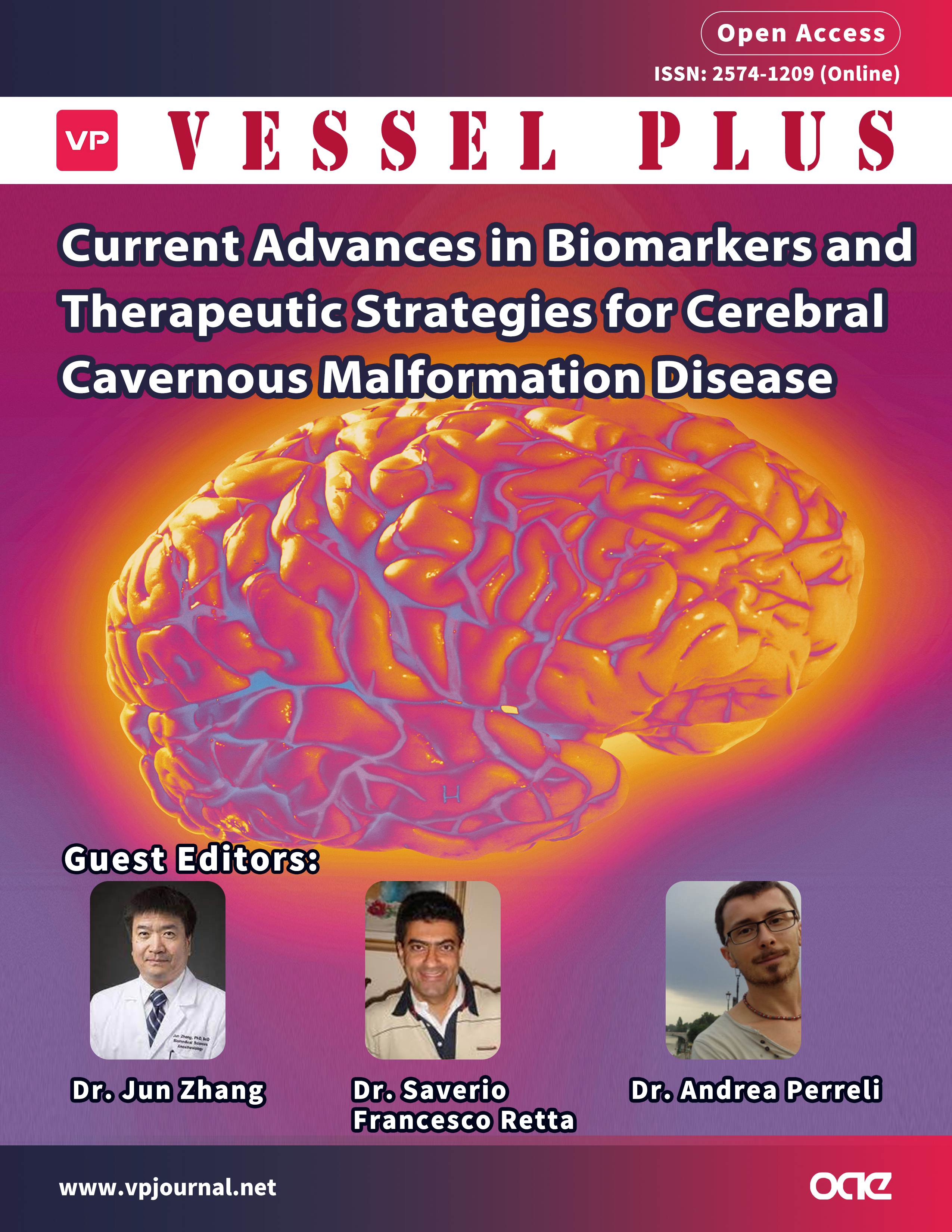
Topic: Current Advances in Biomarkers and Therapeutic Strategies for Cerebral Cavernous Malformation Disease
Guest Editor(s)
Graduate School of Biomedical Sciences, Texas Tech University Health Sciences Center El Paso, El Paso, TX, USA.
Department of Clinical and Biological Sciences, University of Torino, Italy.
Special Issue Introduction
Cerebral cavernous malformations (CCMs) is a neurological disorder characterized by enlarged capillaries in the brain, which can lead to hemorrhagic strokes. Treatment options for CCMs are limited, and there is a need for prognostic biomarkers and innovative therapeutic approaches.
Blood biomarkers, especially prognostic biomarkers, have advantages for diagnostic and prognostic applications. Recent progress in understanding the genetic, molecular, and cellular mechanisms of CCMs has led to the development of prognostic biomarker projects and proposed therapeutic strategies targeting different aspects of the disease's etiopathogenesis.
Recent advancements in understanding the disease's mechanisms have led to successful clinical trials and innovative therapeutic approaches. Many innovative therapeutic approaches based on recent advancements in nanotechnologies and natural compounds. This Special Issue focuses on these innovative discoveries and approaches and is also soliciting contributions from clinical experts in CCMs, including new clinical diagnostic and therapeutic techniques and unique patient case observations.
Dr. Jun Zhang
Dr. Saverio Francesco Retta
Dr. Andrea Perreli
Guest Editors
Keywords
Cerebral cavernous malformations, prevention, treatment, prognosis and diagnosis, epidemiological, genetic, molecular, cellular mechanisms, pathophysiology
Submission Deadline
Submission Information
Ten articles in the Special Issue are exempt from article processing charges.
For Author Instructions, please refer to https://www.oaepublish.com/vp/author_instructions
For Online Submission, please login at https://oaemesas.com/login?JournalId=vp&SpecialIssueId=vp230228
Submission Deadline: 31 Aug 2023
Contacts: Alisa Wang, Assistant Editor, alisa@vpjournal.net




